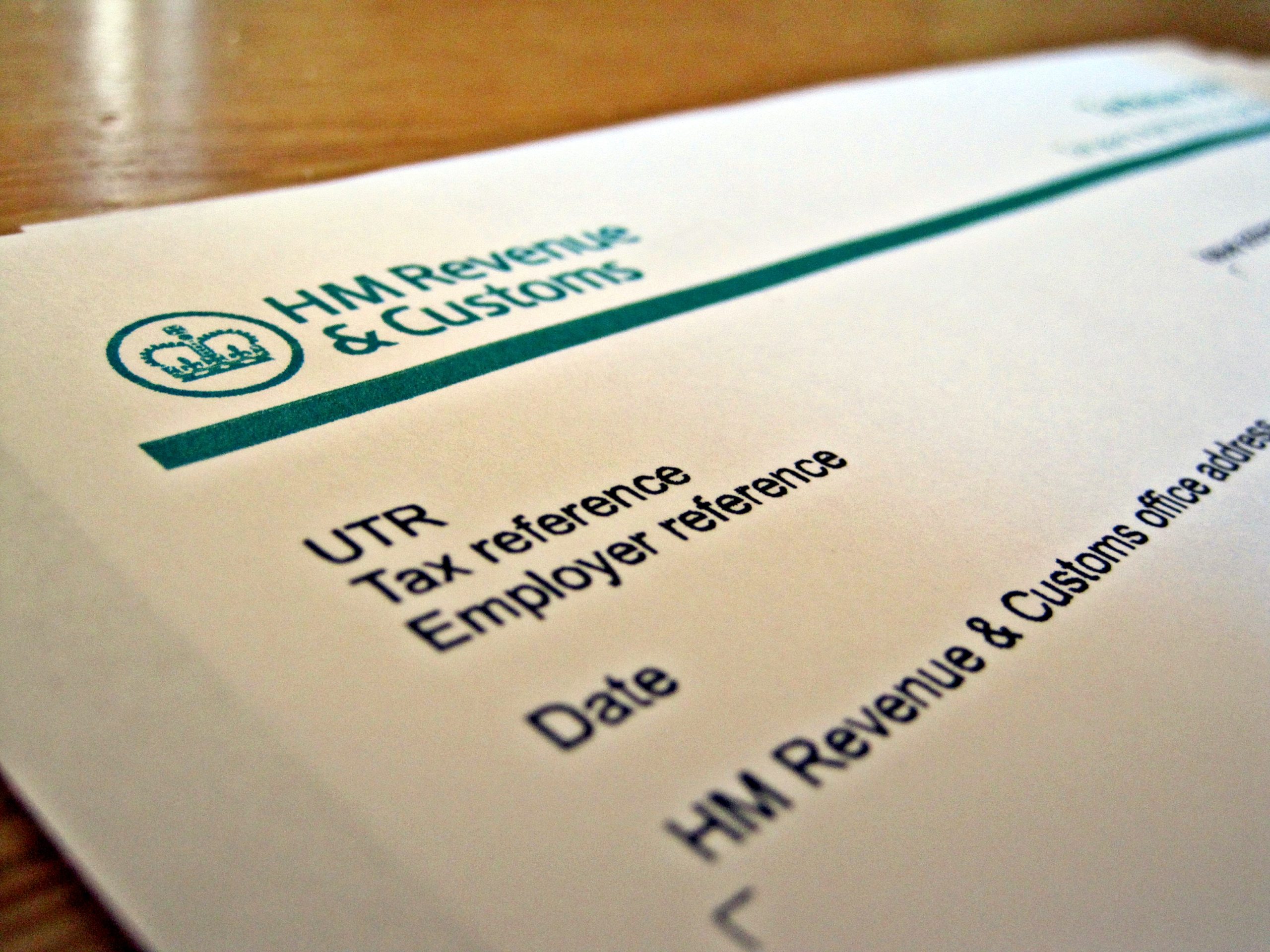HMRC has been accused of acting “unfairly” after interest rates on late payments have been hiked to 3 percent, with those for tax refunds frozen at 0.5 percent since 2009.
HM Revenue & Customs (HMRC) has now been denounced as “stacking the deck in its favour”.
The tax-man has Briton’s in a harried panic on the eve of every tax year has been accused of raising interest on charges, but conveniently not so on refunds.
Struggling freelancers beset by one of the biggest cost of living crises to the UK in recent memory will be further hit after HMRC upped the rate at which interest builds on tax debts.
The rate will now increase from 2.75 percent to 3 percent.
This was after the Bank of England increased interest rates from 0.25 percent to 0.5 percent earlier this month.
However, the rate paid by HMRC when it refunds miscalculated and overpaid tax has remained frozen at just 0.5 percent.
This rate has not risen since 2009.
Following the news, Phil Kinzett-Evans of tax firm UHY Hacker Young said the interest rate hike was “unfair”.
He claimed the Government was “taking advantage” of hard-hit freelancers.
Speaking to the Sunday Telegraph he said: “It’s one rule for HMRC and another for taxpayers.
“The debt rate is directly linked to the Bank of England, so the refund should be too.
“Anything else smacks of the taxman stacking the deck in its favour.
“As interest rates continue to climb, the gap between the two rates is only going to get worse.
“HMRC really should volunteer to bring them back in line as right now, it looks like it is taking advantage.”
HMRC said the late payment rate rises automatically as the Bank Rate does, although it is set much higher.
However, the refund rate is set at its discretion.
HMRC defended its actions and said interest on late payments was always set at 2.5 percentage points higher than the Bank Rate.
The tax authority said the rate on refunds would never fall lower than a floor of 0.5 percent.
A spokesman said: “The interest we charge and pay delivers fairness for all.
“It ensures we do not encourage people to overpay their tax to secure a higher interest rate than is available commercially and those paying their tax late do not get an unfair financial advantage over those paying on time.
“Most other comparable tax authorities take the same approach.”

